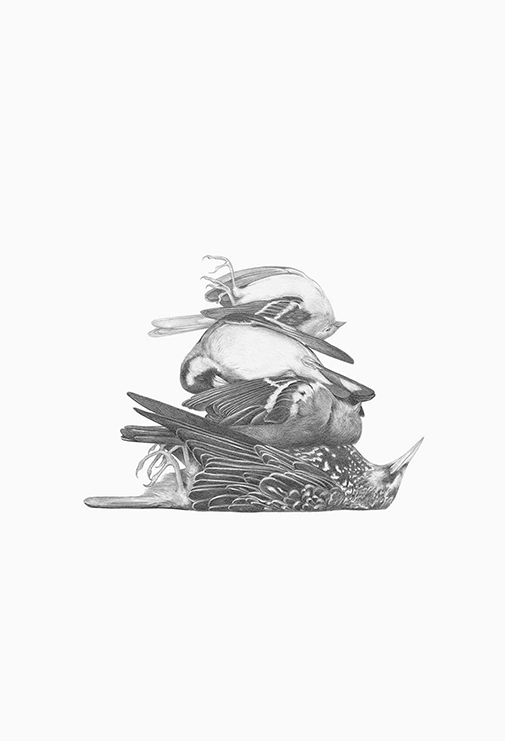This, Too, Is Life
“This will be the night I leave,” wrote Lu Xun in his final essay. He must have known that in eleven hours’ time he would die from the tuberculosis that had plagued him for the past year, that in the following week wreaths of flowers would overwhelm both his doorstep and the capital square, that his wife would wake to the aroma of chrysanthemums for months after. This essay, which I found in the recesses of a temple in Chengdu, is testament to his foresight. “I walked through the house,” he wrote, “tracing the memory of a pleasure: my birds, alive once, now back again in my hands. How extraordinary that a textured sensation as pleasure can one day be buried and then, through a most literal journey, unearthed. I am already dead, my body informs me, yet I continue on. Writing about my mortality must be folly, then: ‘the end’ does not exist, given how we are constantly experiencing indeterminate beginnings. This is a unique debt to pleasure, for pleasure, whether visible, as a fire in the eyes, or ghostly, as a yearning inside the heart, is the accumulated circumferences of things. I find infinite value in measuring out one’s past and path mathematically; after a prognosis of sure death, all one can do is calculate one’s position in life’s line graphs. The position of my birds, now piled in my hands, now arranged on the sill, have taught me this lesson. As I massage their ribs, as my pulse is gratefully absorbed into them—the gratitude all mine—they indulge me the weight of one more lesson, one fate: ‘This, too, is life.’ ”

